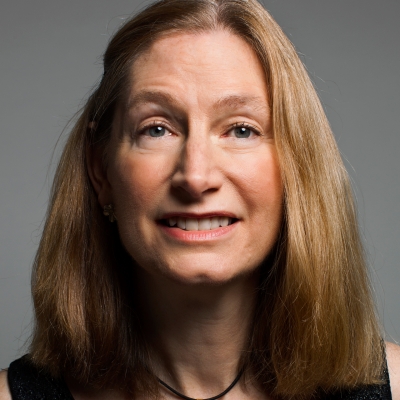CANNES (AdAge.com) -- In a clear admission that the age of interruption is over, the most coveted prize at the Cannes ad festival went to an ad that wasn't made for TV, while a PR campaign broke the record for winning the most Grand Prix in a single festival.
Latest News
Staying current is easy with newsletters delivered straight to your inbox.
Staying current is easy with newsletters delivered straight to your inbox.





